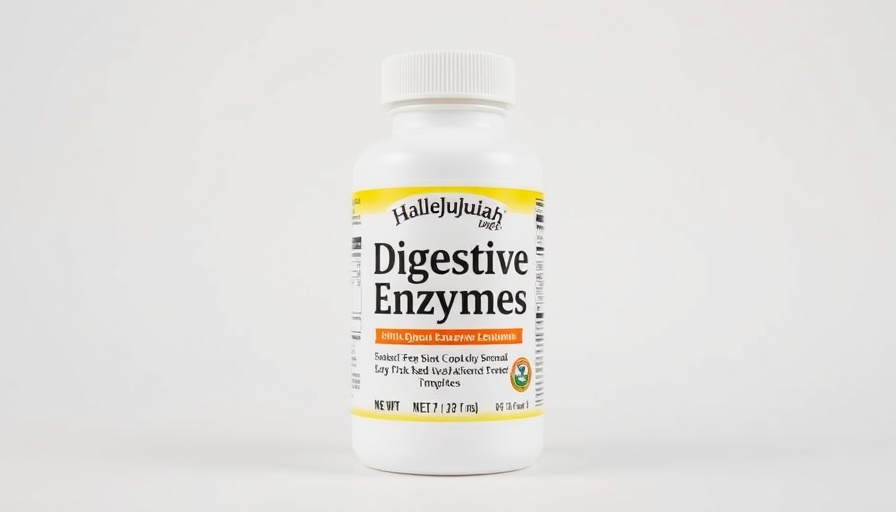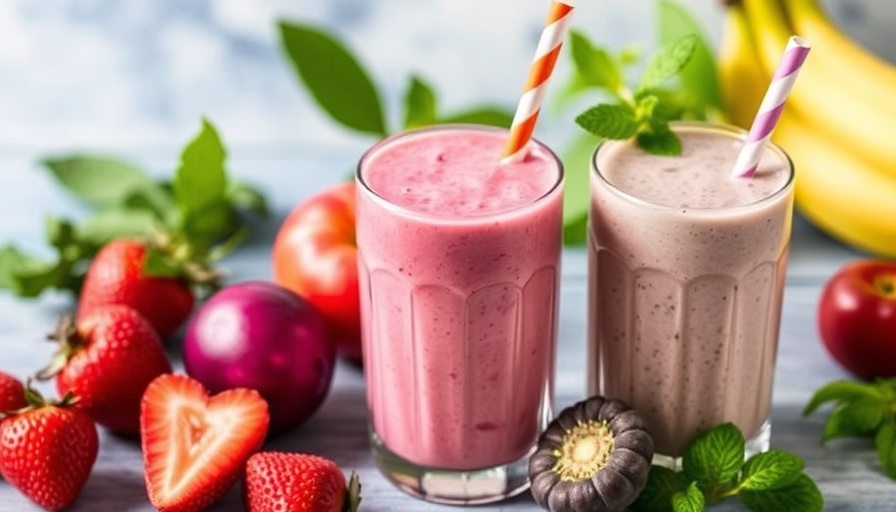
Fasting: A Path to Improved Mental Health?
When it comes to addressing mental health issues like depression, our approaches often revolve around conventional methods such as therapy or antidepressant medications. However, current discussions are highlighting fasting as a non-traditional treatment option that may positively impact mood. Interestingly, studies suggest that caloric restriction boosts brain-derived neurotrophic factor (BDNF), a vital neurotransmitter connected to mood regulation. For centuries, fasting has been promoted not just for physical health, but also for its potential mental health benefits, suggesting that what we do with our bodies can significantly influence how we feel.
The Initial Ups and Downs of Fasting
Initially, fasting—particularly for periods longer than 18 hours—can lead to feelings of irritability and cravings, which many might assume would complicate any potential mental health benefits. Surprisingly, research indicates that after the initial phase of discomfort, individuals often report a notable shift to improved mood and lower feelings of anxiety or depression. This change could be linked to increased endorphin production, which can significantly elevate one’s mood. As noted in various studies, after the initial period of hunger, individuals may experience what’s termed 'fasting-induced mood enhancement'.
The Evolutionary Perspective on Fasting
An evolutionary perspective offers insight into this phenomenon. Evolution has shaped our bodies to encourage survival. Initially, our bodied react negatively to fasting to urge us to seek food; however, prolonged fasting can shift this reaction. The body eventually prompts a motivated state to find nourishment. This resilience can even lead to an uplifting sense of wellbeing, which could be harnessed for managing depressive symptoms.
The Science Behind Fasting’s Impact on Depression
While anecdotal evidence supports fasting as a mood enhancer, scientific investigation reveals mixed results. For example, studies have produced varied methodologies, such as one involving a ten-day fast coupled with strict bed rest and limited social interaction. The results showed a majority improvement among participants, but assessing whether these changes were purely due to fasting, or influenced by contextual variables, remains complex. Research from Japan and studies conducted in the former Soviet Union indicate that some participants demonstrated long-term benefits post-fasting, with 90 percent reporting improvements in mood even years later. Yet, questions remain regarding how sustainable these benefits really are. With fasting being unsustainable long-term, the challenge is to determine how lasting the effects are once eating resumes.
Combining Fasting with Mental Health Strategies
It's important for those considering fasting for depression to approach it as a complement to traditional treatment strategies rather than a replacement. Seeking professional guidance can help ensure that any fasting regime is safe and suitable for individual health needs. Moreover, integrating mindfulness or therapeutic practices during fasting can elevate the overall experience, making the process beneficial on multiple fronts. After all, mental health care should be holistic and personalized to effectively treat the individual.
The Journey Forward: What Does This Mean for You?
The conversation around using fasting for depression has brought renewed interest in understanding the body’s response to food restriction and how that affects mental health. For those struggling with mood disorders, it’s essential to consider a multi-faceted approach. Monitoring emotional responses, consulting health professionals, and staying informed about advancements in health trends will empower individuals to make thoughtful choices. Furthermore, for caregivers or parents seeking to help loved ones, being educated about alternative therapies like fasting could serve as a starting point for deeper discussions about mental health strategy.
Closing Thoughts on Mindful Exploration
While research continues to evolve, the key takeaway here is that exploring diverse treatment methods can enrich our understanding of mental health management. Engaging in conversations around unconventional strategies might feel daunting, but they may also provide new avenues for healing and wellness. Thus, consider opening the door to more discussions on this topic—your insights and experiences could inspire others on their path to mental wellness.
 Add Row
Add Row  Add
Add 




Write A Comment